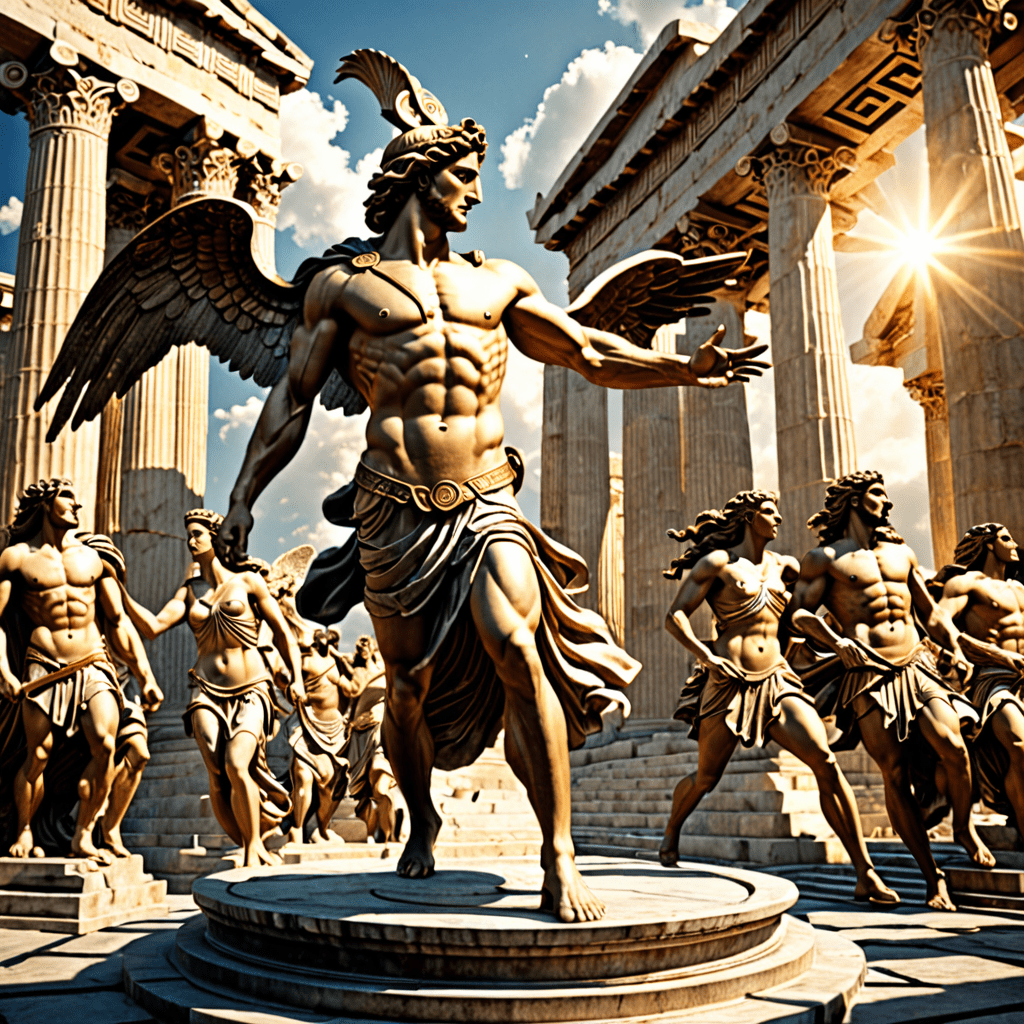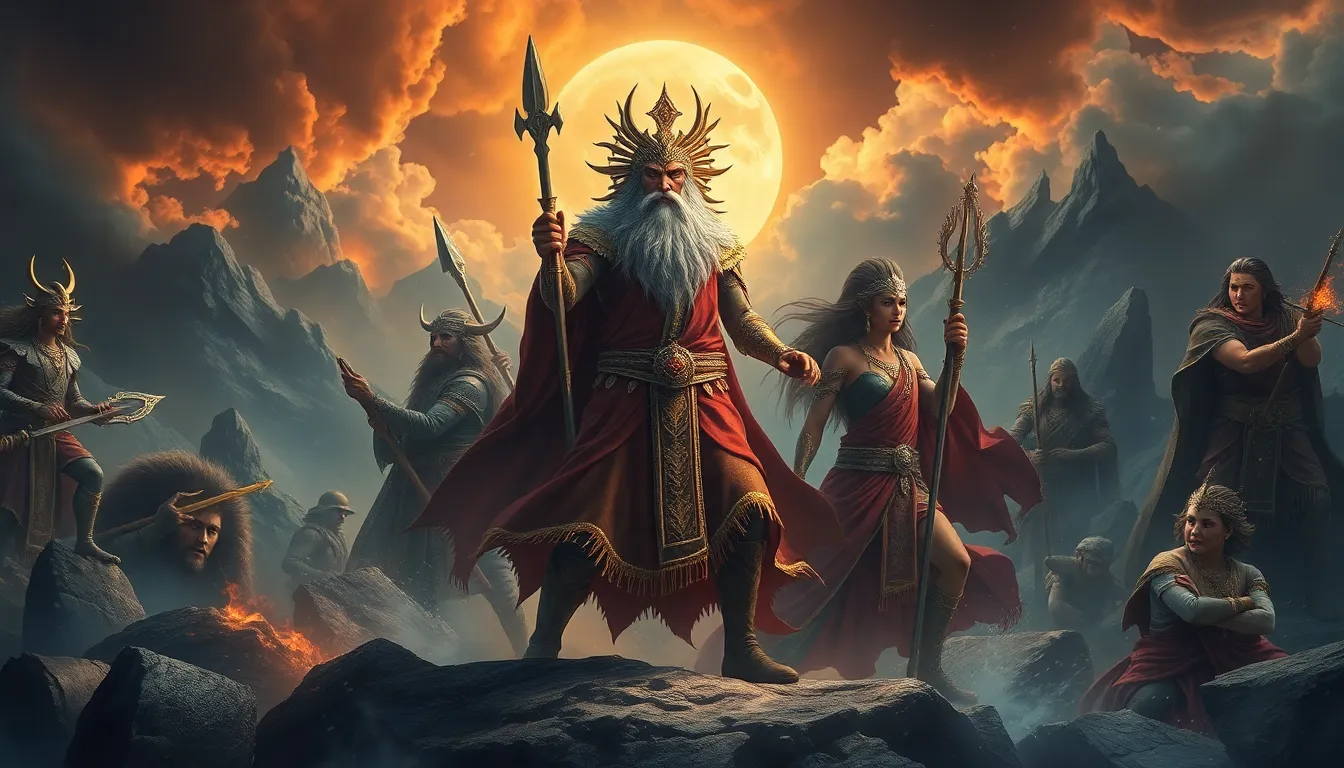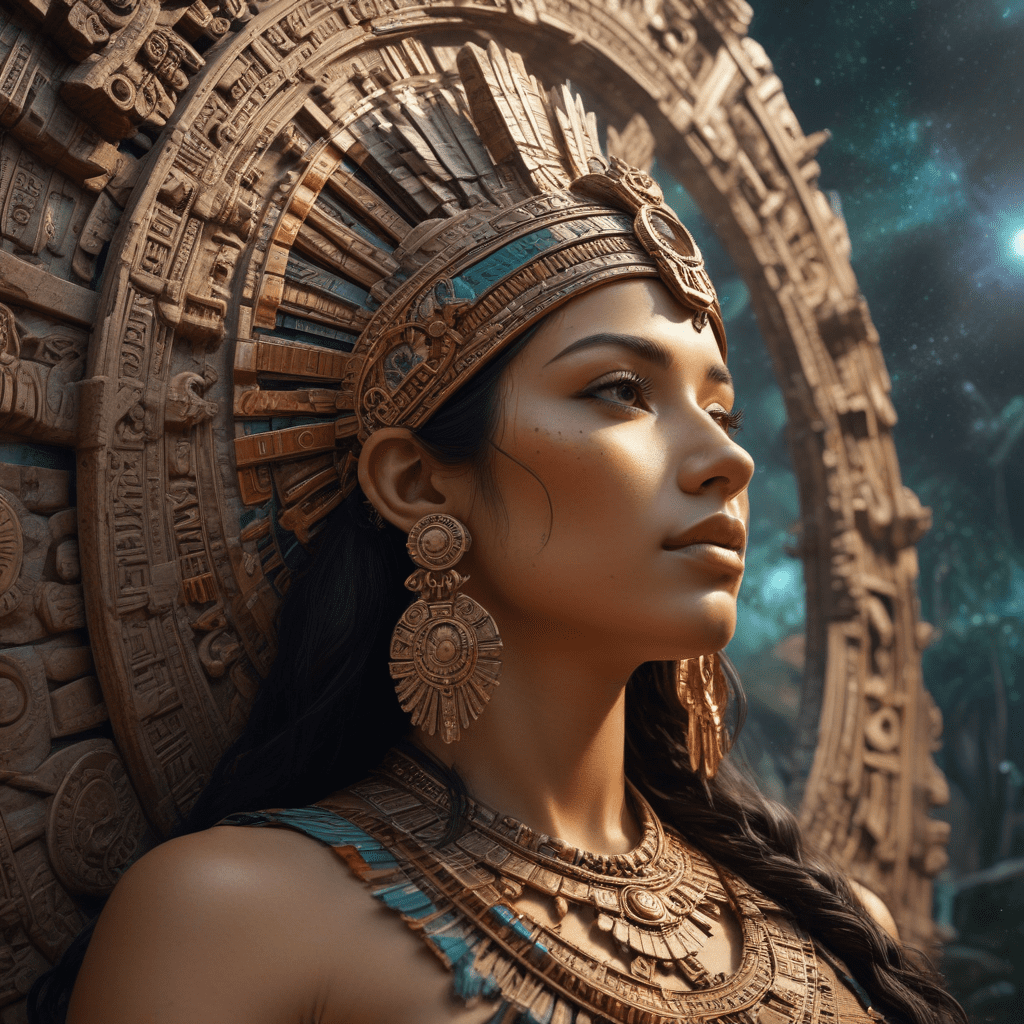The Representation of Time in Greek Mythology
In Greek mythology, time is often personified and depicted in various ways that reflect the ancient Greeks’ understanding of the concept of time. Let’s explore how time is represented in Greek mythology.
1. Chronos and Kairos: Understanding Time Personified
Within Greek mythology, time is personified in the form of two key figures: Chronos and Kairos. Chronos represents chronological or sequential time, often associated with the passage of time and aging. Kairos, on the other hand, symbolizes a more qualitative concept of time, representing the opportune moment or the right time. Together, these figures embody the different dimensions of time in Greek thought.
2. The Moirai: Weavers of Fate and Time
The Moirai, also known as the Fates, play a crucial role in Greek mythology by spinning, measuring, and cutting the threads of human destiny. These three sisters—Clotho, Lachesis, and Atropos—symbolize the eternal passage of time and the inevitable fate that awaits all beings. Their presence in myth reinforces the idea of time as an unstoppable force shaping the lives of mortals and immortals alike.
3. Cosmic Cycles and Eternal Returns
In Greek mythology, time is often portrayed through the lens of cosmic cycles and eternal returns. The cyclical nature of time is seen in the changing seasons, the movements of celestial bodies, and the overarching concept of birth, death, and rebirth. This representation emphasizes the constant flux and recurrence inherent in the passage of time.
4. Temporal Deities and Timekeepers
Various Greek deities are also associated with the control and measurement of time. For instance, Chronos, the personification of time, is sometimes considered a primordial deity responsible for shaping the universe. Additionally, the god Aion represents unbounded time and the eternal nature of existence, while Horae are the goddesses of the seasons and natural cycles.
Overall, the representation of time in Greek mythology offers profound insights into the complexities and nuances of the human experience with time. By exploring these mythical figures and concepts, we gain a deeper understanding of how the ancient Greeks perceived and interacted with the ever-flowing river of time.
FAQ about The Representation of Time in Greek Mythology
What role does time play in Greek mythology?
Time in Greek mythology is often personified as Chronos or Aion. Chronos represents sequential time, while Aion symbolizes eternal time. Time is a significant element in myths, influencing the fates of gods, heroes, and mortals.
How is the concept of eternity depicted in Greek mythology?
The concept of eternity in Greek mythology is depicted through the god Aion, who represents unbounded time and eternity. Aion is often portrayed as a youthful god associated with cyclic time, immortality, and the eternal nature of the cosmos.
What myths highlight the cyclical nature of time in Greek mythology?
Myths such as the story of the Titan Cronus (not to be confused with Chronos), who consumes his children only to be overthrown by Zeus, symbolize the cyclical nature of time where old patterns give way to new beginnings. The tale of the seasons’ cycle as influenced by the goddess Persephone also showcases the cyclical aspect of time in Greek mythology.



